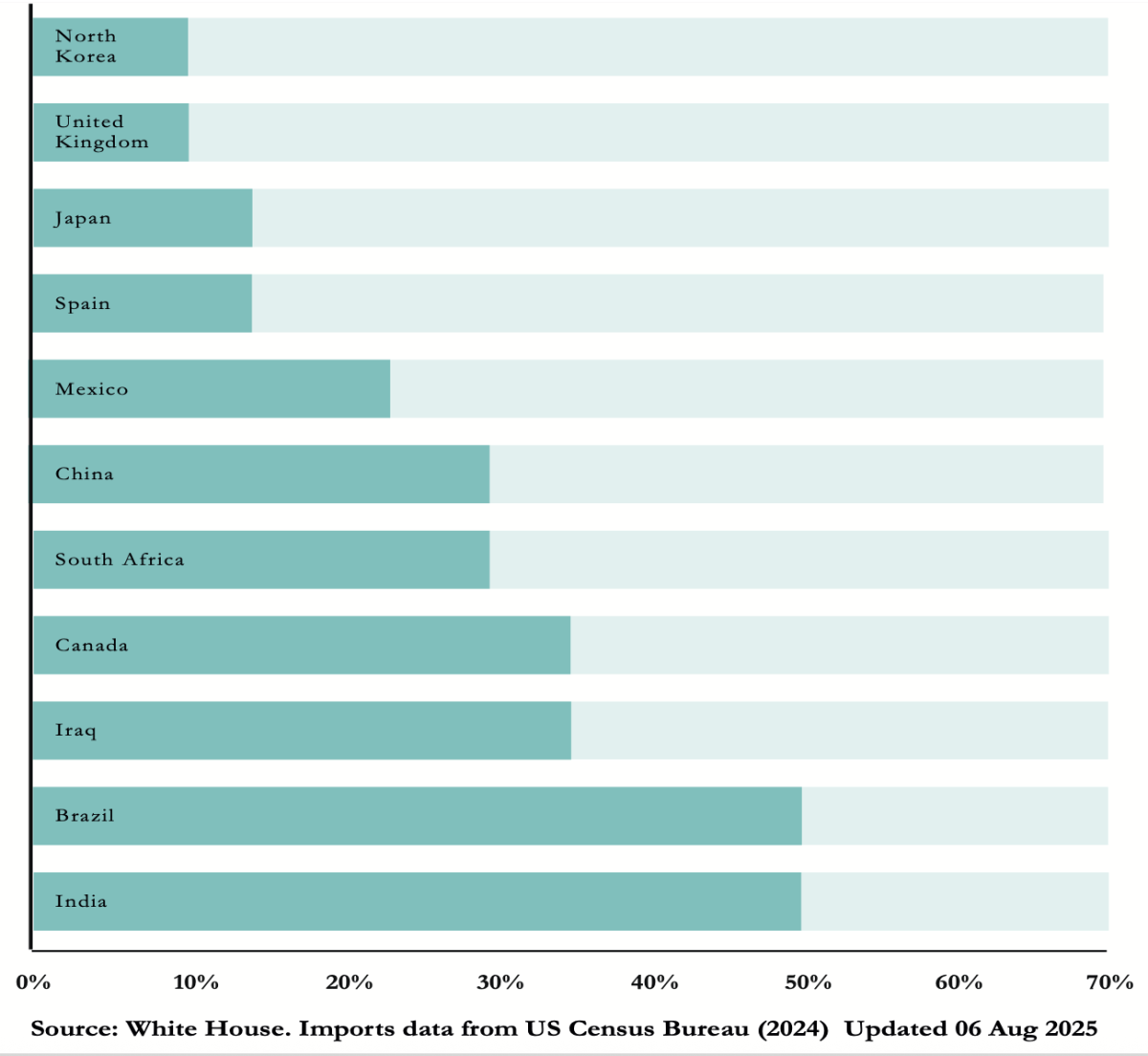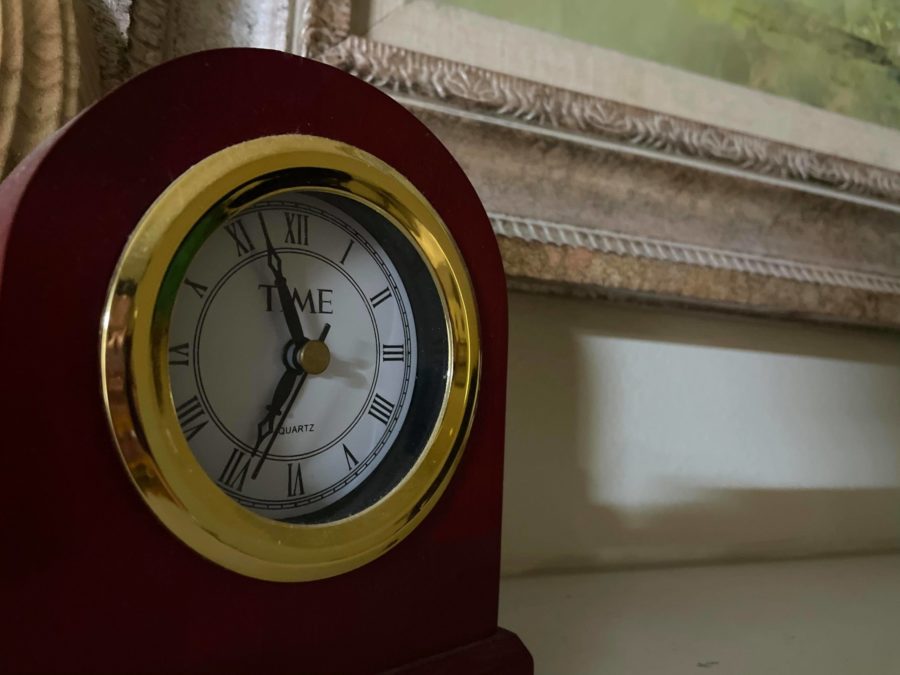For years now, many Americans have accepted the fact they have to wind their clocks back and forth twice a year. Though we pretend to get used to Daylight Savings Time (DST), our biological rhythms do not comply with such artificial changes. DST has become a frivolous practice, and it is time we put it to rest for good.
Daylight Savings Time has a long history, and has more or less been a staple since the beginning of the nation. Benjamin Franklin, although he did not invent this technique, was a strong proponent of. He compared it to a similar system in France, where French citizens would change their sleep schedules to save money on oil and candles. This was also a major reason why the United States adopted DST, as many believed its official ratification in 1918 would help conserve fuels.
However, these assumptions have since been denied by empirical studies. Instead of decreasing energy consumption, these studies show how energy consumption increases during Daylight Saving Time. There is an increased demand for air conditioning during DST, which leads to high electricity bills.
It was also widely believed that DST was more convenient for farmers. Because of the increased time during the day, farmers, in theory, should be able to spend more time tending to crops and animals. However, farmers have always opposed DST and lobby against it to this day. It is absurd to believe that animals would change their biological clocks according to the needs of human beings.
There are also some negative health consequences associated with DST. As young people, we tend to overlook the effects of minor changes to our sleep schedules on our bodies. Yet there is a massive problem with this annual change to our body’s internal clock.
Circadian rhythms, a physiological process that regulates our sleep cycle, is obstructed when we switch to DST. The disharmony between our body’s clock and the sun’s clock triggers chronic health problems such as cardiac injuries, atrial fibrillation, depression and suicide.
This misalignment also makes it harder to get enough sleep at night. This throws off our hormonal balances and blood pressures, which tends to ruin a person’s entire day. Our productivity dips as it becomes harder to concentrate, which then makes us more easily irritated, thereby affecting our social lives.
We historically and currently miscalculate the costs and benefits of DST. There is simply no good reason to ruin our whole days for an extra hour of sunlight in the evening. Though the extra light may seem appealing in that it gives us more time to, say, stay active in the evening, it in actuality just leads to ludicrous financial and physical costs. There is also no practical purpose for it, either. Even if DST helped conserve fuel, modern technologies do that far more efficiently nowadays.
We should follow the rest of the world’s example and ignore the ridiculous practice of DST. Legislators implemented it well over a century ago due to faulty reasoning. Legislators nowadays should get rid of DST altogether, as it only serves to enfeeble us all.































